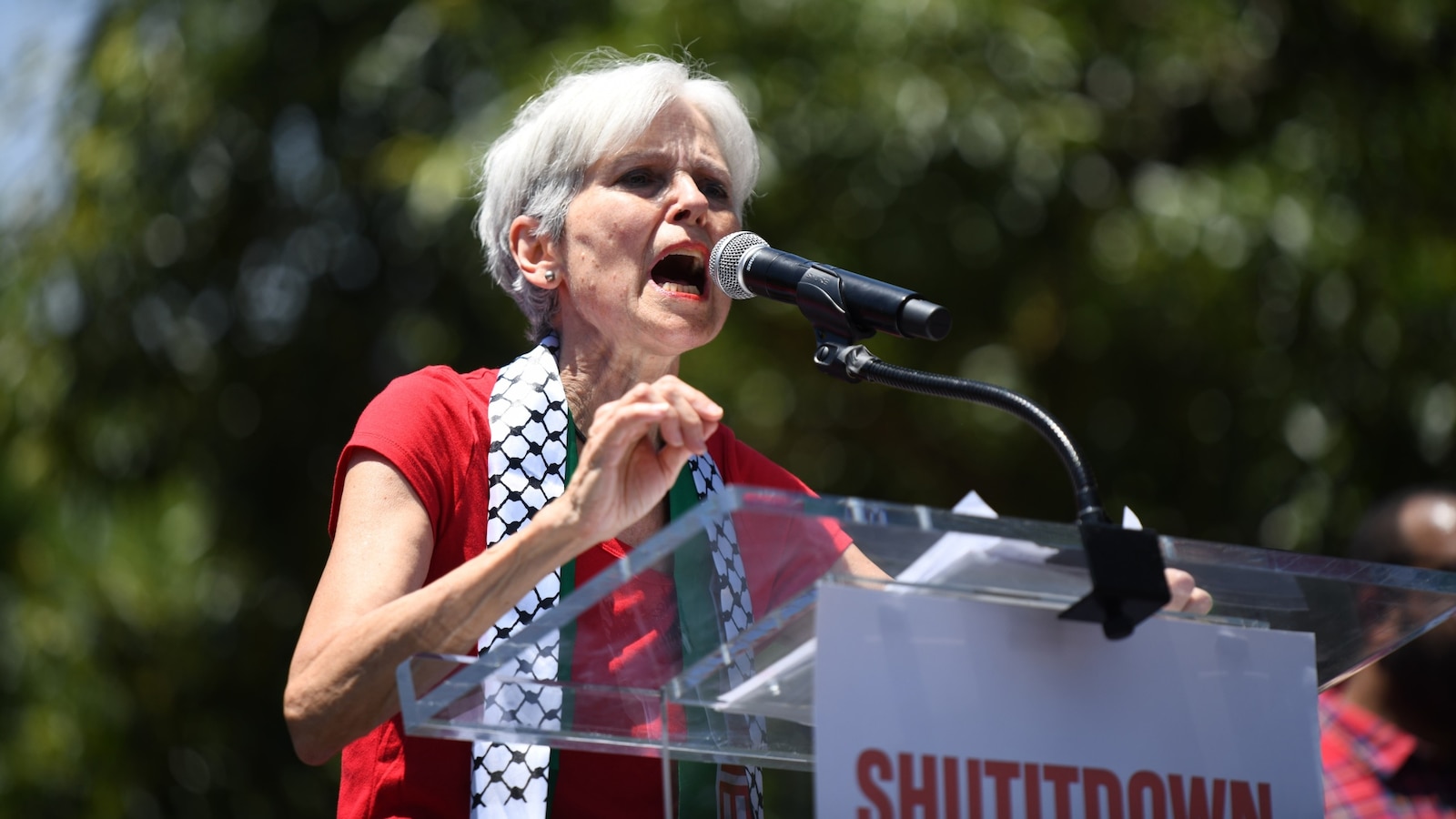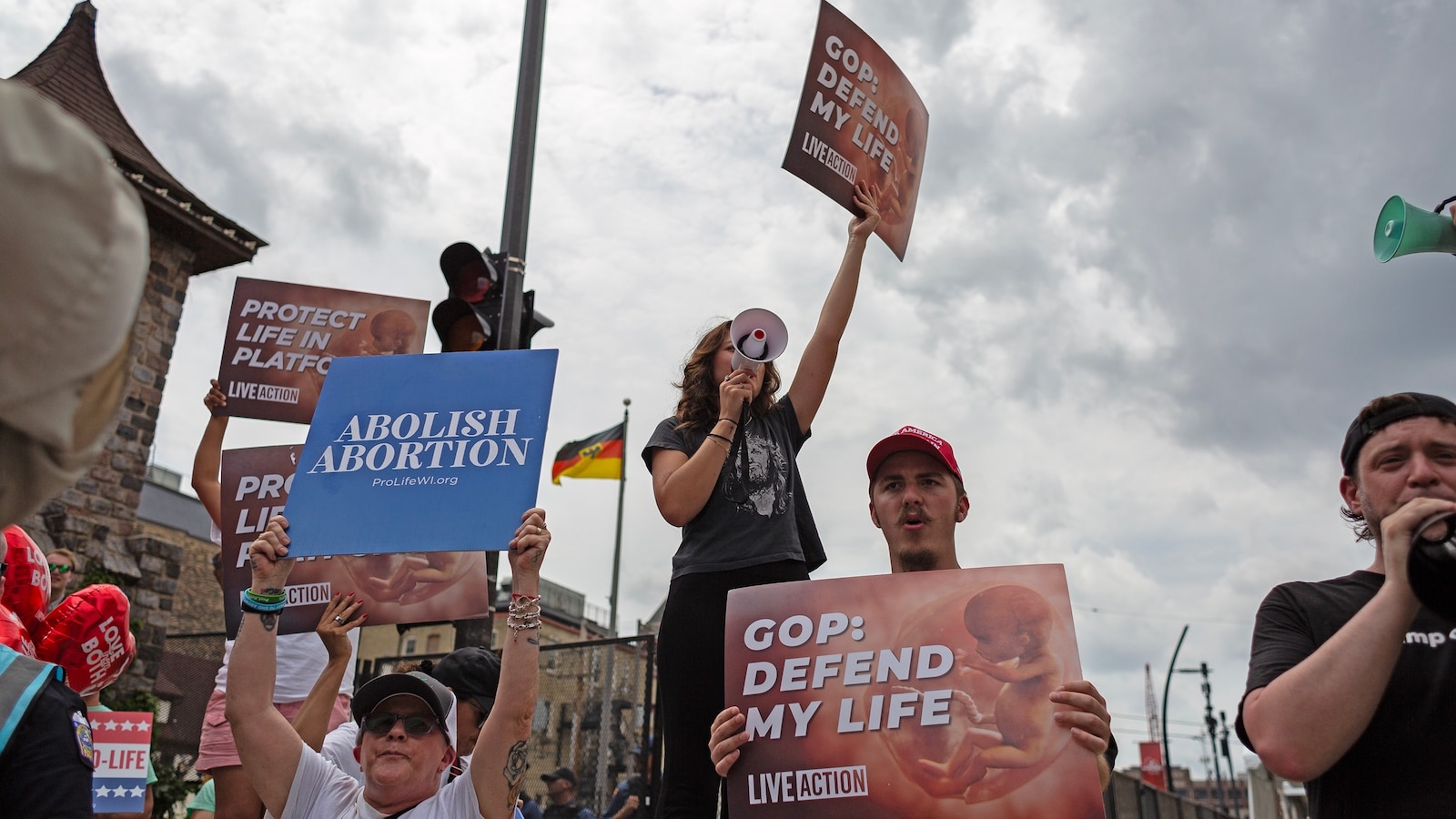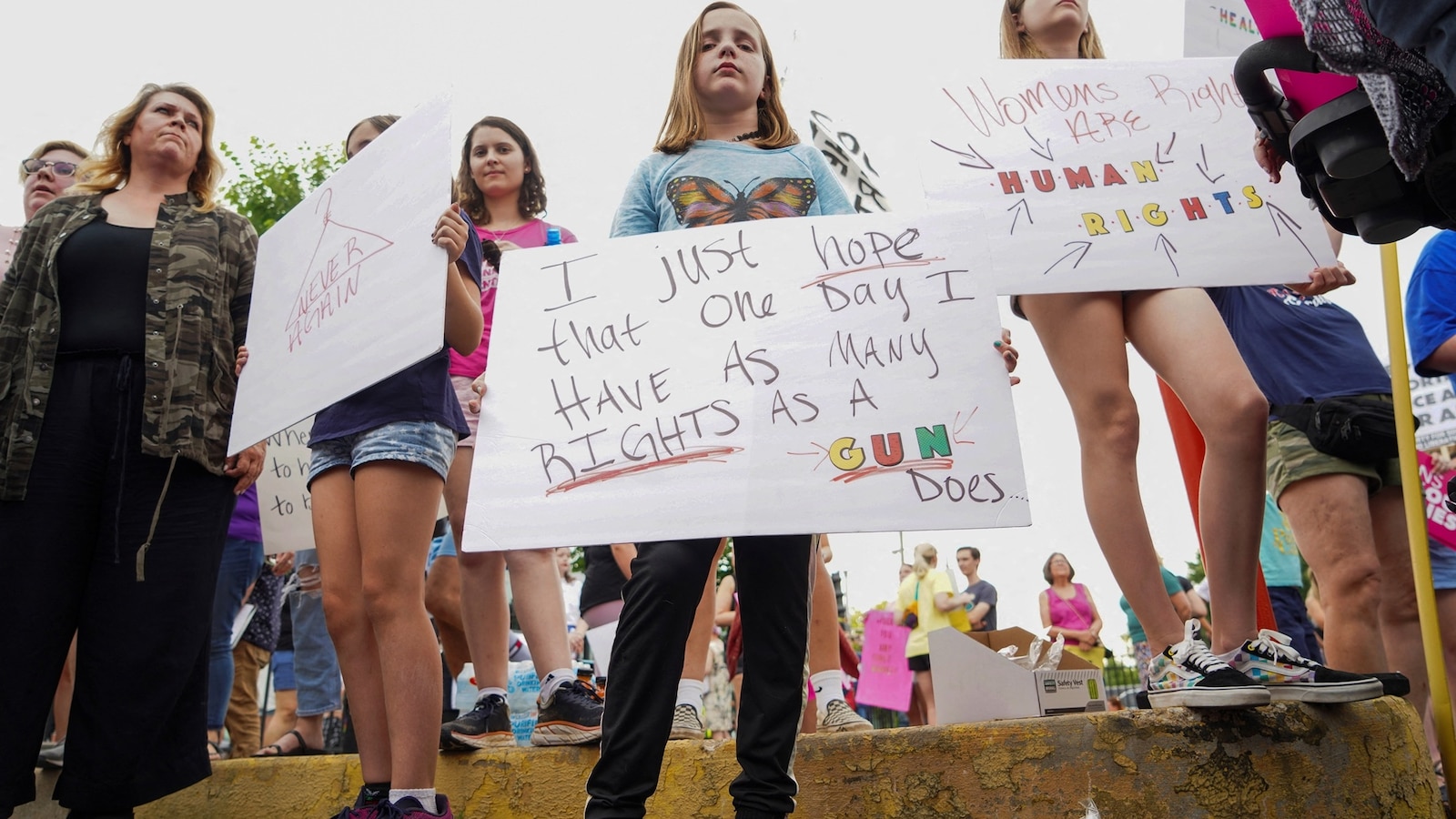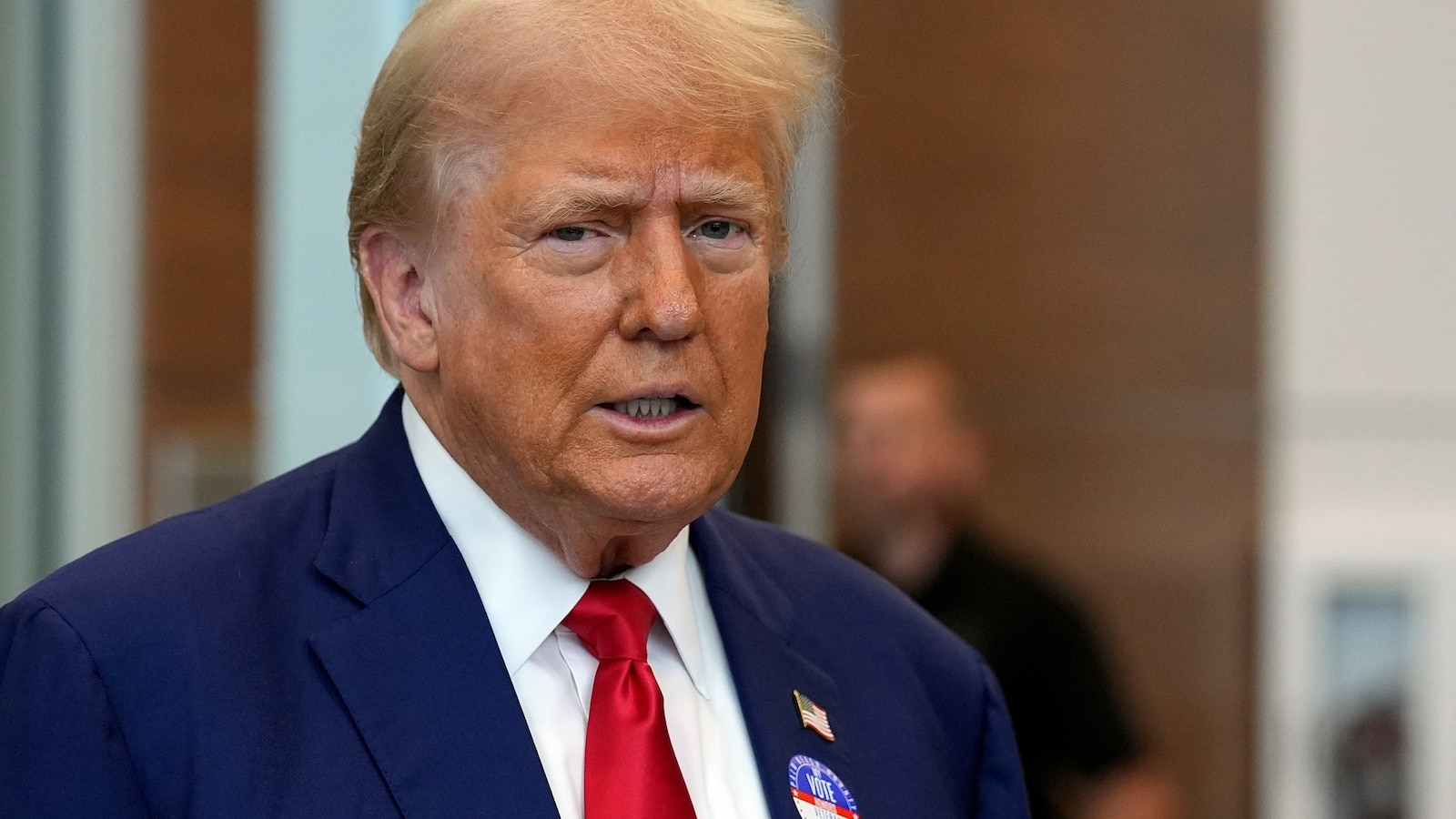Democratic Staffer Files Complaint Against Green Party Being on Wisconsin Ballot
A Democratic Party staffer has filed a complaint with the Wisconsin Elections Commission, alleging that the Green Party should not be on the ballot in the key battleground state. The complaint asserts that the Green Party does not have any eligible nominators for its presidential electors, rendering their list of electors invalid.
Ballot Access Controversy in a Crucial Battleground
The Democratic National Committee Deputy Operations Director in Wisconsin, David Strange, raised the issue in a complaint that highlights a potential stumbling block for the Green Party’s presence on the ballot in November. Wisconsin is a crucial swing state where both Vice President Kamala Harris and former President Donald Trump are expected to campaign heavily.
The complaint contends that Wisconsin law requires the people nominating presidential electors to be the political party’s state legislative candidates or legislators. Since the Green Party has no current legislators in Wisconsin, the complaint argues that they lack the necessary nominators to submit a valid list of electors.
The Wisconsin Elections Commission has received the complaint and is expected to make a decision on the matter in due course. The outcome of this complaint could have a significant impact on the electoral landscape in Wisconsin and potentially affect the balance of power in the state.
Green Party’s Response
The Green Party’s presidential candidate, Jill Stein, has dismissed the complaint as a “fishing expedition” orchestrated by the Democratic National Committee (DNC). Stein’s campaign manager, Jason Call, claims that the DNC is using this complaint as a tactic to prevent the Green Party from gaining ballot access.
Stein’s campaign has indicated that they will hire counsel to defend their position and maintain their spot on the Wisconsin ballot. The Green Party has already secured ballot access in at least 20 states, and both the party and Stein herself are actively pursuing access in others.
The Green Party has emphasized that they are committed to meeting all legal requirements and ensuring their presence on the ballot. They maintain that their campaign represents a distinct political perspective and offers a meaningful choice for voters.
Democratic Party’s Strategy
The DNC has made it clear that they view third-party candidates as a threat to their electoral success. In addition to the complaint filed in Wisconsin, state Democratic parties and Democratic-aligned groups have filed various challenges and lawsuits in other states, targeting the ballot access efforts of Green Party candidates like Stein and other independent candidates.
The DNC’s strategy involves scrutinizing ballot access petitions for any technicalities or alleged irregularities that could disqualify candidates from the ballot. These challenges have been met with resistance from the targeted candidates, who deny allegations of misconduct and assert their right to appear on the ballot.
The Democratic Party’s approach reflects a broader effort to minimize the potential impact of third-party candidates on the electoral process. They believe that such candidates can siphon votes away from major party candidates and potentially influence the outcome of elections.
Potential Implications
The outcome of these ballot access challenges will have significant implications for the upcoming presidential election. If the Green Party is successful in securing ballot access in key battleground states like Wisconsin, they could potentially draw votes away from the Democratic candidate, potentially aiding the Republican candidate.
On the other hand, if the Green Party is prevented from appearing on the ballot in these states, it would effectively consolidate the electoral options for voters and potentially strengthen the position of the major party candidates.
The resolution of these ballot access disputes will shape the electoral landscape in the coming months and set the stage for a highly contested and closely watched presidential election.



